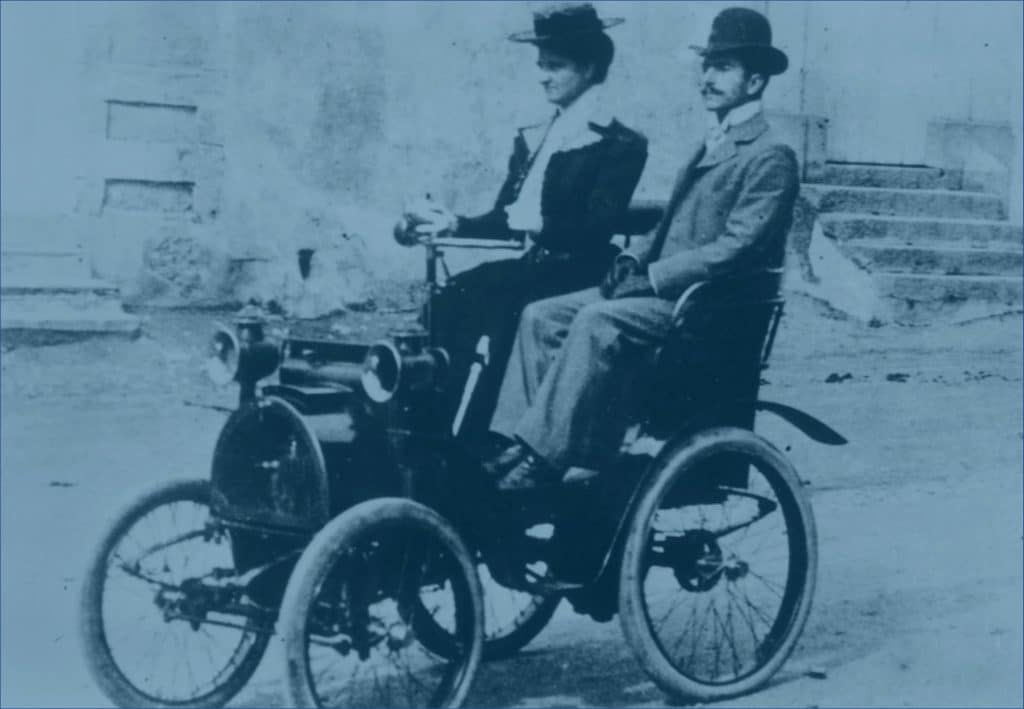An increasing number of researchers and innovators are getting convinced of the power of cross-industry learning. Rather than reinventing the wheel, research of existing knowledge is done, often leading to inspiration and solutions from other domains. So far, so good. Even excellent!
In a next phase, very quickly experts are asked by companies to advise on strategic innovation or R&D directions to follow. Why? To get reassured. To reduce the risk that is inherent to innovation.
But is this reliable? Does this reduce the risk? Or, on the contrary, increase the risk? Asking the expert’s opinion might be valuable at a certain level. But don’t take it for granted. Build in a level of questioning and take the following into consideration:
The expert is biased
An expert (hopefully not self-claimed) is rarely unbiased and relies on its own expertise and knowledge, which is per definition colored.
The expert thinks in-domain
An expert is somebody who has a broad and deep understanding and competence in terms of knowledge, skill and experience a particular field, a specific well-distinguished, often niche domain. And compared to all possible relevant and existing knowledge, this is narrow.
The expert defends his/her cause
It is clear and natural that the expert defends and, in a way of speaking, sells her/his own knowledge, solution, technology and will convince you of being right.
The expert is human
And a human can make mistakes, misinterpret and by consequence be wrong.
Does the expert’s advice has no value? On the contrary! Knowledge is built through experts. On the other hand, for taking strategic company decisions the expert’s opinion should be considered with a significant level of caution. It must not be taken for granted. In today’s society everything, and literally everything, evolves at the speed of light. Even for an expert, it is damn hard, not to say impossible, to remain up to date constantly.
Out of our 22 years of innovation expertise, we advise to integrate expert’s advice late in the innovation process. One should start by conducting objective research, e.g. through unsupervised data-driven research. First research your potential solutions, then identify relevant experts and ask their advice on how big the potential is. Not vice versa.
Creax is a data-driven consultant for technological innovation. Companies rely on us because we bring unbiased insights from multiple relevant data sources, reducing the risk of making strategic decisions. Want to learn more? Drop us a line and we’ll be happy to schedule an open conversation with you.










